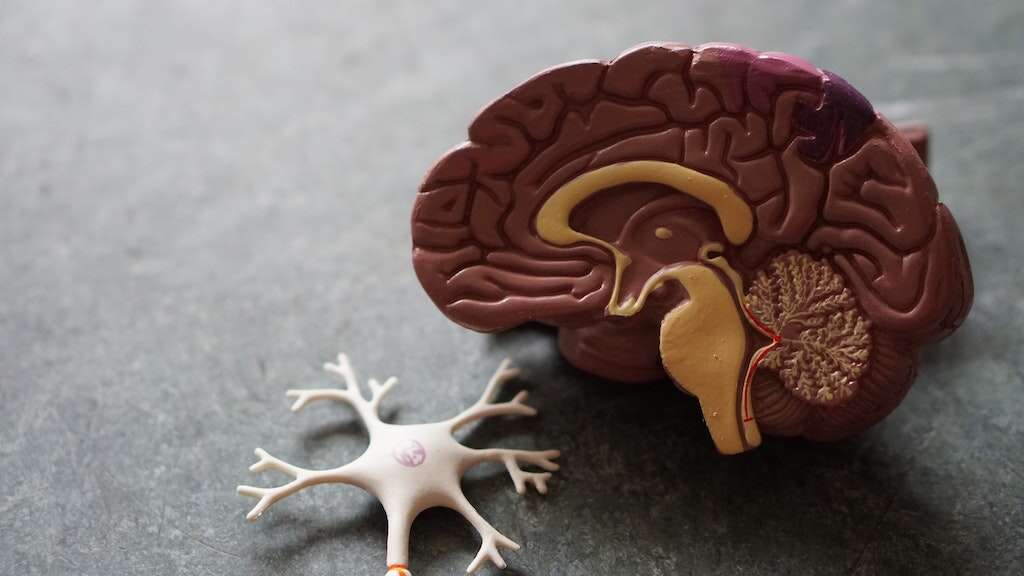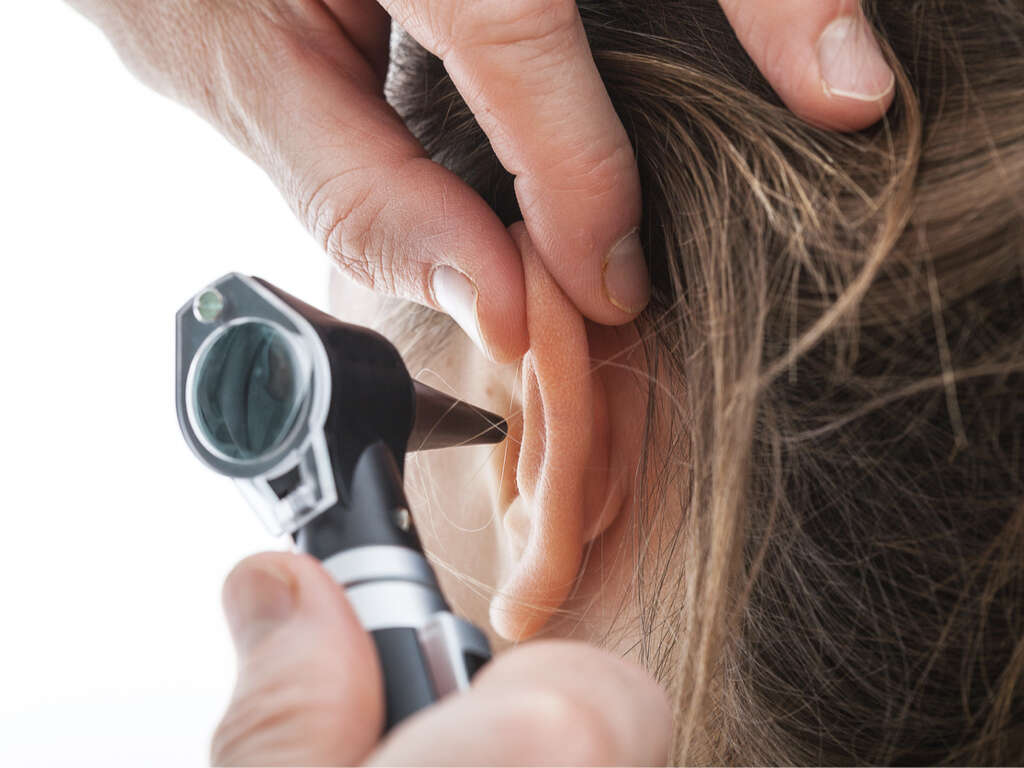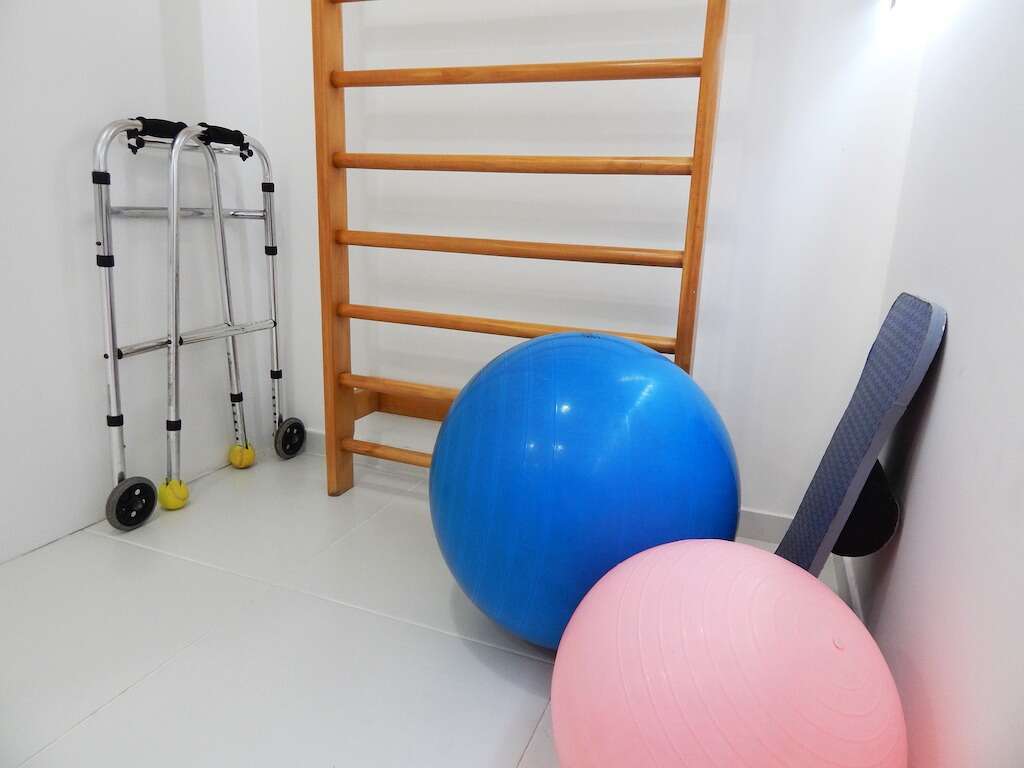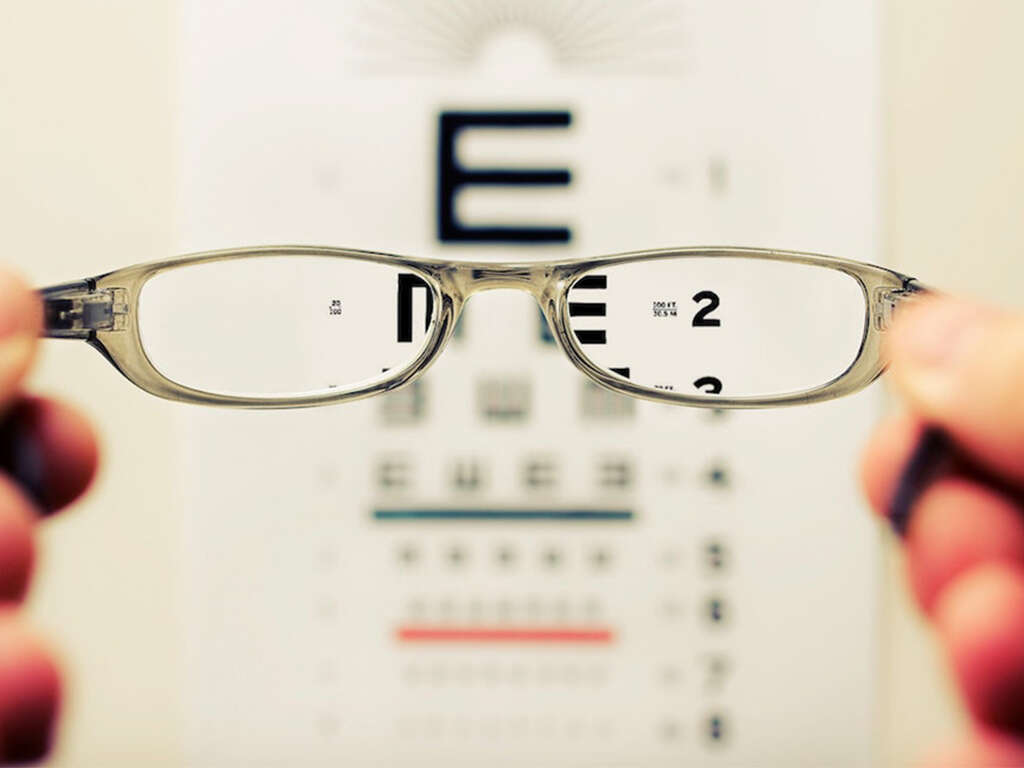10 Vertigo Symptoms
 Article Sources
Article Sources
- 1. 'Vertigo-Associated Disorders: MedlinePlus Medical Encyclopedia.' _MedlinePlus_, U.S. National Library of Medicine, medlineplus.gov/ency/article/001432.htm#:~:text=There are two types of,also involve the vestibular nerve.
- 2. 'Benign Paroxysmal Positional Vertigo (BPPV).' Mayo Clinic, Mayo Foundation for Medical Education and Research, 18 Aug. 2020, www.mayoclinic.org/diseases-conditions/vertigo/symptoms-causes/syc-20370055.
- 3. 'Nystagmus.' _AOA.org_, www.aoa.org/healthy-eyes/eye-and-vision-conditions/nystagmus'sso=y#:~:text=Nystagmus is a vision condition,or in a circular pattern.
- 4. Lee, Sun-Uk, et al. 'Recurrent Spontaneous Vertigo with Interictal Headshaking Nystagmus.' _Neurology_, Wolters Kluwer Health, Inc. on Behalf of the American Academy of Neurology, 12 June 2018, n.neurology.org/content/90/24/e2135.
- 5. 'Labyrinthitis and Vestibular Neuritis.' _VeDA_, 19 Nov. 2020, vestibular.org/article/diagnosis-treatment/types-of-vestibular-disorders/labyrinthitis-and-vestibular-neuritis/.
- 6. 'Ménière's Disease.' _National Institute of Deafness and Other Communication Disorders_, U.S. Department of Health and Human Services, 14 Dec. 2020, www.nidcd.nih.gov/health/menieres-disease.
- 7. Sarna, Brooke, et al. 'Perilymphatic Fistula: A Review of Classification, Etiology, Diagnosis, and Treatment.' _Frontiers in Neurology_, Frontiers Media S.A., 15 Sept. 2020, www.ncbi.nlm.nih.gov/pmc/articles/PMC7522398/.
Vertigo is considered a symptom rather than a condition and is often accompanied by other distressing symptoms. It can sometimes be difficult to tell vertigo apart from light-headedness, but vertigo is more than a head rush.1‘Vertigo-Associated Disorders: MedlinePlus Medical Encyclopedia.’ MedlinePlus, U.S. National Library of Medicine, medlineplus.gov/ency/article/001432.htm#:~:text=There are two types of,also involve the vestibular nerve. People with vertigo typically have the sensation that they, or the world around them, are spinning or in motion.
Vertigo may be barely noticeable or feel so intense that it’s challenging to stay balanced and do everyday tasks. Feelings of vertigo can develop suddenly and be short-lived or last much longer, making daily life difficult. Here are 10 symptoms of vertigo.
1. Spinning Sensation
One of the most common causes of peripheral vertigo is Benign paroxysmal positional vertigo (BPPV), which relates to mechanical issues in the inner ear. The sensation that you, or the world around you, are uncontrollably spinning distinguishes this type of vertigo from others.2‘Benign Paroxysmal Positional Vertigo (BPPV).’ Mayo Clinic, Mayo Foundation for Medical Education and Research, 18 Aug. 2020, www.mayoclinic.org/diseases-conditions/vertigo/symptoms-causes/syc-20370055.
Symptoms of BPPV are typically short-lived and can vary from mild to intense and reoccur. Caused by the loosening of tiny crystals in your inner ear, BPPV can be triggered by changes in your head’s position, like when you rise from bed. BPPV is rarely serious, although it can result in falls that cause injury.
2. Abnormal Rhythmic Eye Movements
Some people who suffer from BPPV experience their eyes moving uncontrollably for a brief time. This vision condition is called nystagmus. Nystagmus results in your eyes making involuntary, repetitive and uncontrolled movements.3‘Nystagmus.’ AOA.org, www.aoa.org/healthy-eyes/eye-and-vision-conditions/nystagmus’sso=y#:~:text=Nystagmus is a vision condition,or in a circular pattern.
Your eyes may move up and down, from side to side or in a circular pattern, with both eyes consequently unable to view objects steadily. These movements can reduce your depth and vision perception, and as they affect your balance, they are often accompanied by vertigo.

3. Feelings of Motion Sickness
In the journal Neurology, scientists have noted the discovery of a new kind of vertigo called recurrent spontaneous vertigo with head-shaking nystagmus (RSV-HSN). This type of vertigo involves severe bouts of motion sickness.4Lee, Sun-Uk, et al. ‘Recurrent Spontaneous Vertigo with Interictal Headshaking Nystagmus.’ Neurology, Wolters Kluwer Health, Inc. on Behalf of the American Academy of Neurology, 12 June 2018, n.neurology.org/content/90/24/e2135.
Attacks of this vertigo type can cause nausea, vomiting, headaches and intolerance to head movements. People can experience symptoms from a few times a week to once a year. The cause of RSV-HSN isn’t yet known, but the condition seems to respond well to medication.
4. Vestibular Nerve Inflammation
Vestibular neuritis is an inflammation of the vestibular nerve, affecting balance and resulting in vertigo, but there is often no change in hearing. The inflammation interrupts sensory information sent from the ear to the brain.5‘Labyrinthitis and Vestibular Neuritis.’ VeDA, 19 Nov. 2020, vestibular.org/article/diagnosis-treatment/types-of-vestibular-disorders/labyrinthitis-and-vestibular-neuritis/.
This condition may be caused by a virus and can result in sudden and severe vertigo attacks. The symptoms can be so powerful they affect the ability to walk or stand. Vestibular neuritis can affect young to middle-aged adults and often comes after an upper respiratory infection.

5. Loss of Balance
The spinning sensation you get from vertigo can put you off-balance and limit your activities. Depending on the cause, a simple move like sitting with your head between your legs can bring quick relief.
The part of the inner ear that is responsible for balance is the vestibular system, and issues with your inner ear cause some balance disorders. Once a doctor diagnoses the cause, a vestibular rehabilitation therapist can develop an individualized treatment plan to correct balance issues.
6. Inner Ear Infection
Peripheral vertigo may accompany labyrinthitis, which can be caused by various microbes, although it often results from a viral infection of the labyrinth or the eighth cranial nerve. This infection causes inflammation around the nerves that sense balance.
Labyrinthitis can result in severe vertigo that lasts for a day or more and is sometimes accompanied by hearing loss. Once the infection is gone, most patients recover fully. If it persists, an ear, nose and throat specialist can advise the appropriate treatment.

7. Tinnitus
Vertigo and tinnitus are very closely related. Both tinnitus and vertigo are conditions of the inner ear and, sometimes, the brain. The term tinnitus refers to the intermittent or constant hearing of sounds from inside your body, rather than from an outside source.
Tinnitus is often described as a ringing in the ears, although several sounds can usually be heard, including hissing, whistling and buzzing. Severe tinnitus can result in additional symptoms, such as vertigo, that affect your daily life.
8. Meniere’s Disease
Meniere’s disease is caused by a buildup of pressure and fluid in the inner ear. It can cause vertigo, ringing in the ears and hearing loss. Meniere’s disease typically affects only one ear and can occur at any age.6‘Ménière’s Disease.’ National Institute of Deafness and Other Communication Disorders, U.S. Department of Health and Human Services, 14 Dec. 2020, www.nidcd.nih.gov/health/menieres-disease.
For people with Meniere’s disease, a doctor might prescribe a diuretic and low sodium diet to decrease fluid pressure. Due to safety concerns, people with Meniere’s disease are generally restricted from working as truck or bus drivers and airline pilots.

9. Migraine Headache
A vestibular migraine refers to a bout of vertigo in someone with a history of migraines. Vestibular migraines differ from regular migraines because they commonly involve no pain. Some people who experience visual auras with a classic migraine also experience vestibular migraines but not everyone.
Vestibular migraines may last for a very short time or persist for days. They may be accompanied by nausea, vomiting and sensitivity to sound or light. A vestibular migraine is the most common cause of spontaneous vertigo.
10. Unsteady Gait
An unsteady gait may be caused by vertigo from a viral or bacterial infection in the ear. Perilymph fistula is a leakage of inner ear fluid into the middle ear caused by a tear.7Sarna, Brooke, et al. ‘Perilymphatic Fistula: A Review of Classification, Etiology, Diagnosis, and Treatment.’ Frontiers in Neurology, Frontiers Media S.A., 15 Sept. 2020, www.ncbi.nlm.nih.gov/pmc/articles/PMC7522398/. This tear can be caused by chronic ear infections.
The most noted symptoms of perilymph fistula are ear fullness, hearing loss, and vertigo and unsteadiness when walking that increases with activity and decreases with rest. Vertigo can affect your body’s ability to control the movements required for steady walking.










